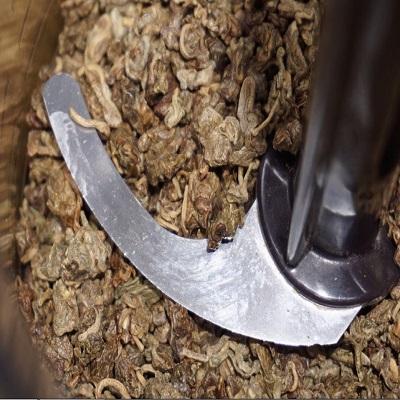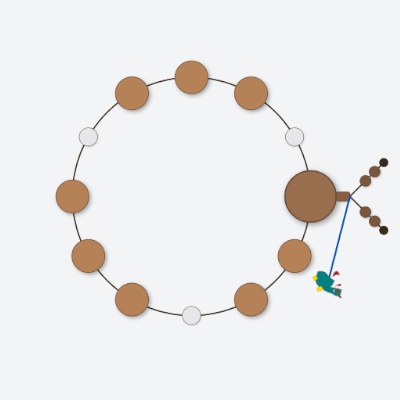Menu
-
-
F.A.Q
- How to identify genuine agarwood chip, natural or cultivated
- How to identify oil injection / absorption fake agarwood beads
- How to know if there are more than one oil in your oil
- How to make your wood bracelet or mala darker
- How to tell if an Agarwood bead sinks WITHOUT sinking it under water?
- How does back flow incense work and how do you burn it?
- Where to start if you don't know what agarwood is ?
- Why are you losing money if you buy seeds and plants?
- Which agarwood incense should I choose?
- Frequently Asked Questions
- Agarwood Related Articles
- Shipping
-
SHOP - Agarwood
-
SHOP - Other Fragrant Wood
-
SHOP - Incense Holder and Burner
-
- FREE Oud Oil guide
- Testimonials
- "Why did you buy this?"
- Contact us
- About Us
- +61430284329
- Login
-
English


How Agarwood tea (Aquilaria leaves) be beneficial to your body
July 03, 2018 2 min read
Disclaimer: This article is intended solely for informational purposes. What works for one person may not work for another, as individual results can vary due to numerous factors. If you have any health concerns, please consult with a professional before beginning any exercise programme.
Resistance Training and Fat Loss
Resistance training is known to be highly effective for reducing body fat while preserving lean muscle mass. Research has shown that when combined with a healthy diet, resistance training can lead to significant fat loss while maintaining or even increasing muscle mass (Miller et al., 2017). Another study also supports the idea that resistance training reduces overall body fat percentage and visceral fat, particularly in healthy adults (Wewege et al., 2021).
Delayed Onset Muscle Soreness (DOMS)
Delayed Onset Muscle Soreness (DOMS) is a common condition experienced after intense or unfamiliar exercise, caused by microtrauma in muscle fibres. To manage DOMS, it is important to engage in active recovery and ensure adequate rest, as these measures can help reduce the severity and duration of the soreness (Cunha et al., 2020).
Protein Synthesis and Complete Proteins
Protein synthesis, which is essential for muscle repair, primarily occurs during sleep and relies on the availability of amino acids. Consuming complete proteins—those that contain all the essential amino acids—is crucial for effective muscle recovery and growth (Callahan et al., 2021). Certain plant-based sources, such as quinoa, provide complete proteins and are important for muscle building. Including these proteins in your diet ensures that all essential amino acids are available for muscle synthesis (Westcott, 2015).
The Benefits of Aquilaria Leaves (Agarwood Tea)
A summary of scientific evidence highlights the benefits of Aquilaria leaves, commonly known as agarwood tea, particularly their content of essential amino acids, effects on bowel movements, and their ability to promote vasodilation.
Essential Amino Acids and Nutritional Value
Aquilaria leaves contain a range of bioactive compounds, including essential amino acids, which are vital for muscle building and overall health. These compounds add significant nutritional value to the leaves, making them a beneficial option for vegans who are seeking sources of complete proteins (Adam et al., 2017).
Bowel Movement and Laxative Effects
Agarwood tea has demonstrated a laxative effect. Studies have shown that extracts from Aquilaria leaves can increase the frequency and weight of stools without causing diarrhoea. This is likely due to the tea’s interaction with acetylcholine receptors in the gut. These properties make agarwood tea beneficial for promoting regular bowel movements and relieving constipation (Kakino et al., 2012).
Vasodilation and Cardiovascular Benefits
Aquilaria crassna leaves have been found to induce vasodilation, a process that helps to improve blood flow. This is particularly beneficial for cardiovascular health, as it aids in the relaxation of blood vessels and enhances overall circulation (Adam et al., 2017).
Incorporating Aquilaria leaves (agarwood tea) into your diet can be especially valuable for vegans due to their content of essential amino acids. Additionally, the tea offers health benefits such as improved bowel movement and cardiovascular support through vasodilation.
Get your Agarwood tea here
Leave a comment
Comments will be approved before showing up.
Also in News

What is Tasbih? The Deep Meaning of Subhan Allah and the Role of Prayer Beads
November 09, 2025 4 min read

